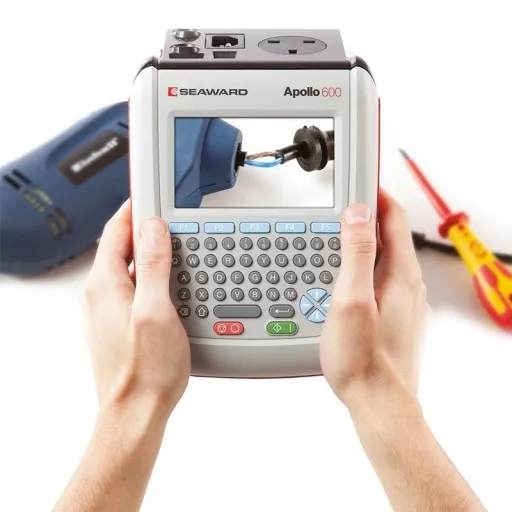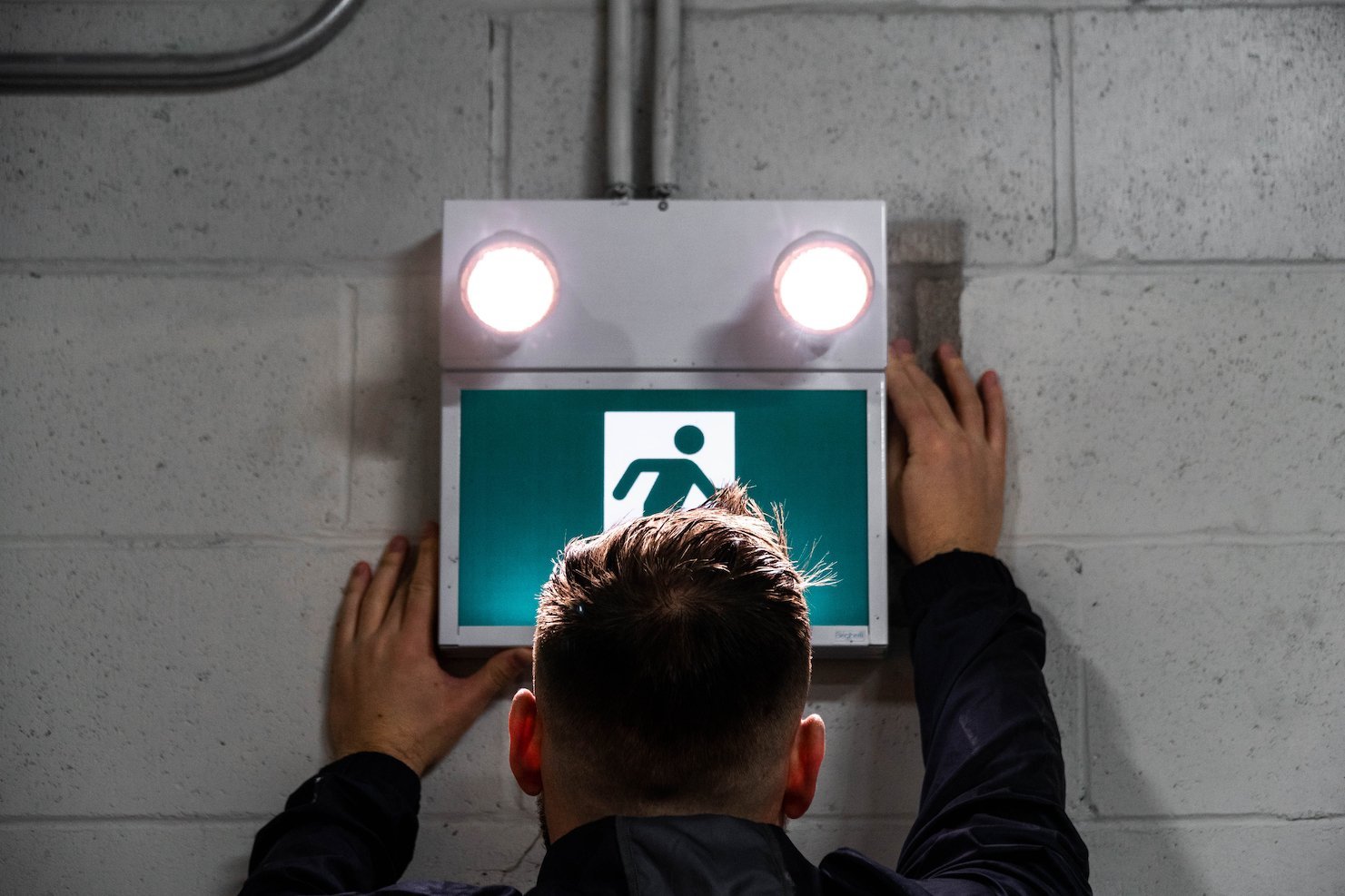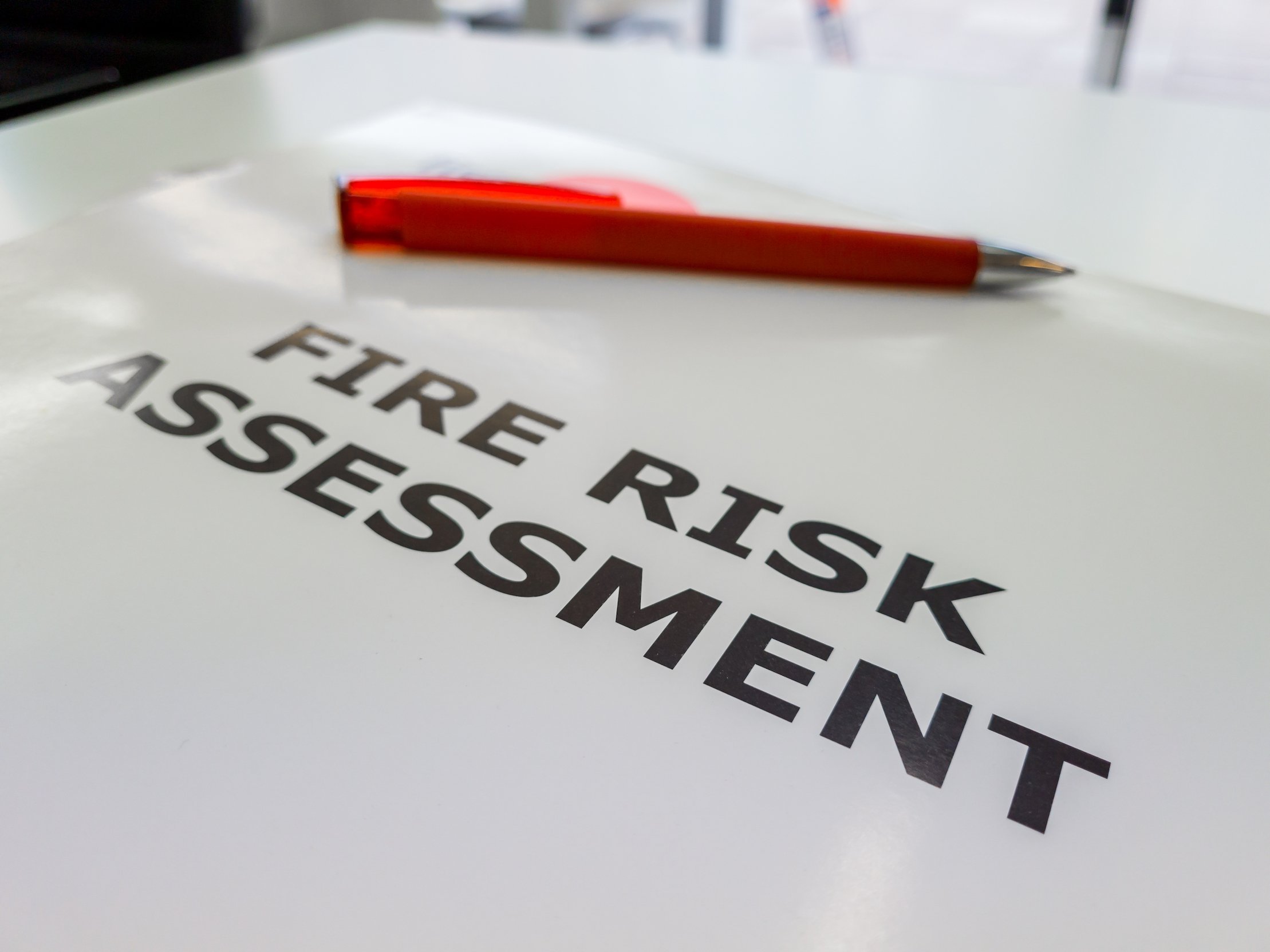The Station nightclub fire
The Station nightclub fire was a catastrophic blaze that occurred on February 20, 2003, in West Warwick, Rhode Island. The fire took the lives of 100 people and injured 230 others. The tragedy was one of the deadliest nightclub fires in American history, and its aftermath revealed a number of serious failures in fire safety measures.
The Station nightclub was a popular venue for rock music performances, and on the night of the fire, the band Great White was performing. A pyrotechnic display, intended to add excitement to the performance, ignited flammable soundproofing foam that lined the walls and ceiling of the club. Within seconds, the flames had spread throughout the building, creating a deadly inferno that was impossible to escape.
One of the most significant failures that contributed to the fire's devastating impact was the lack of adequate fire safety measures. The Station was not equipped with sprinklers or a fire suppression system, and its exit doors were insufficient for the size of the crowd that was present that night. The club's owner had also neglected to obtain the necessary permits for the pyrotechnic display, which was a clear violation of local fire codes.
Another contributing factor was the use of flammable soundproofing foam. Although the foam was a common and inexpensive material used in many nightclubs, it was not fire-resistant and had never been tested for its flammability. This lack of oversight and regulation allowed a dangerous material to be used in a space where large crowds regularly gathered.
The tragedy of the Station nightclub fire could have been prevented through several measures. Firstly, the club should have been equipped with a sprinkler system and a fire suppression system, which would have contained the fire and limited its spread. Secondly, the use of flammable soundproofing foam should have been prohibited or regulated, ensuring that only fire-resistant materials were used. Thirdly, the club's owner should have obtained the necessary permits for the pyrotechnic display and ensured that it was performed in a safe manner.
After the fire, there were a number of reforms and changes in fire safety regulations, which aimed to prevent similar tragedies from occurring in the future. These included stricter regulations around the use of flammable materials in public spaces, more comprehensive inspections of public venues, and increased awareness and education about fire safety measures.
In conclusion, the Station nightclub fire was a devastating tragedy that revealed serious failures in fire safety measures. The lack of adequate fire suppression systems, the use of flammable soundproofing foam, and the violation of local fire codes all contributed to the fire's deadly impact. However, through the implementation of stricter regulations and increased awareness, we can work to prevent similar tragedies from occurring in the future.
Services We Provide
-

Portable Appliance Testing (PAT Testing)
We provide PAT testing, which is a process of regularly inspecting and testing electrical appliances to ensure their safety for use in various settings.
-

Fire Alarm Service & Maintenance
We provide fire alarm servicing & maintenance in buildings to ensure their proper functioning and prompt detection of any potential fire hazards.
-

Fire Extinguisher Service
Fire extinguisher servicing to ensure that they are in proper working order and capable of effectively extinguishing fires when needed.
-

Emergency Lighting Test & Maintenance
Emergency light testing is the inspection and testing of emergency lighting to ensure that they will be functioning in the event of an emergency.
-

Fire Risk Assessments
We carry out Fire risk assessments to identify potential fire hazards in your building and recommend appropriate measures to minimize the risk of fire.

